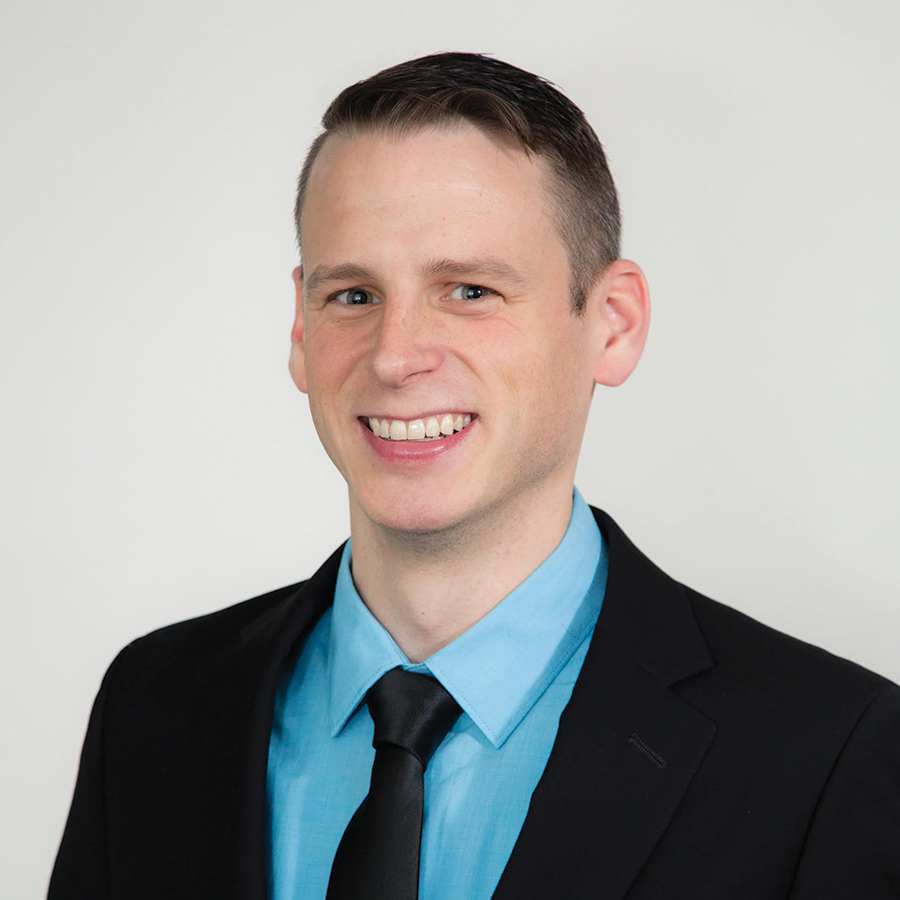
Formerly a Senior Impact Manager with City Year, an AmeriCorps partner, Matthew Forrest (Master of Public Administration ’19) was no stranger to creative problem-solving in the public sector—but he wanted to get a bigger-picture view of public administration. “I wanted to take courses that gave me experiences I could walk out of the classroom and use,” he recalls. “That’s really the Fels Institute of Government approach to public administration and policy.” In addition, he says, the ability to take courses across the University of Pennsylvania seemed like a good way to broaden his perspective. “There’s a strong argument to be made that pretty much everything supports the public sector,” laughs Matthew. “The way electives are set up at Fels is a big selling point.”
One such elective became the inspiration for Matthew’s capstone research project. After taking a course in community and economic development, Matthew grew interested in gaining more practical experience in this field—and found his opportunity when Fels Lab partner Local Initiative Support Corporation (LISC) posted a request for support in developing a local government relations strategic plan. “The project itself is focused on government advocacy and strategy, but it’s supporting an organization that does community and economic development work every day,” he explains. “I’d previously worked on making organizations more effective and efficient, and this was a new opportunity to help an organization in a different field meet its goals.” It takes time and resources for an organization like LISC to keep up to speed on state and local legislation that impacts their work, so Matthew created an action-oriented plan to help LISC leverage resources and influence key decision-makers in Philadelphia community revitalization.
Matthew’s Fels Lab project taught him more than practical lessons in community development. “You’re collaborating and sharing information with an organization, but there’s a limited amount of time,” he observes, noting that the research project placed him in the role of consultant rather than intern or employee. “It was challenging, and it pushed me to understand what I can accomplish at this scope and scale,” he adds.
